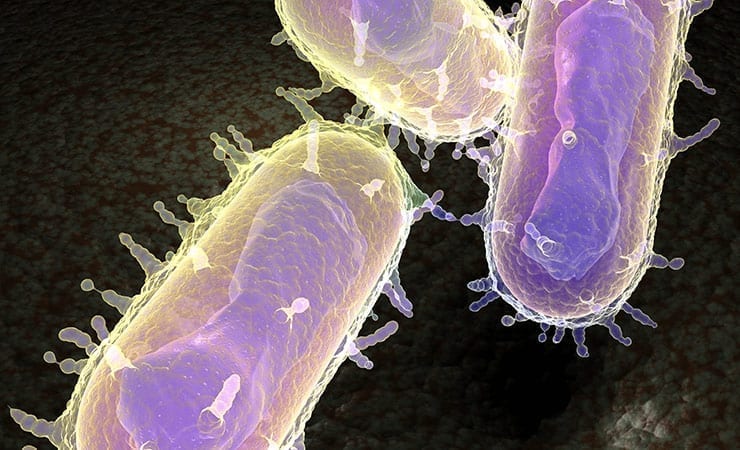The U.S. Food and Drug Administration earlier this month approved Avelox (moxifloxacin) to treat patients with plague, a rare and potentially fatal bacterial infection.
The agency approval for plague includes use of the drug for the treatment of pneumonic plague (infection of the lungs), and septicemic plague (infection of the blood). Avelox is also approved for prevention of plague in adult patients.
Plague is extremely rare in most parts of the world, including the United States, with 1,000 to 2,000 cases worldwide each year. The three most common forms of plague are bubonic plague (infection of the lymph nodes), pneumonic plague and septicemic plague.
“Today’s approval provides an additional therapy for the treatment of plague,” said Edward Cox, M.D., M.P.H, director of the Office of Antimicrobial Products in the FDA’s Center for Drug Evaluation and Research, in a May 8 announcement.
Plague can be spread to humans through bites from infected fleas, contact with infected animals or humans, or laboratory exposure. The bacteria that causes plague, Yersinia pestis, is considered a biological threat agent that could potentially be used as a bioterrorism agent.
The FDA approved Avelox for plague under the agency’s Animal Efficacy Rule, which allows efficacy findings from adequate and well-controlled animal studies to be used in cases where it is not feasible or ethical to conduct trials in humans. Because plague is such a rare disease, it would not be possible to conduct adequate efficacy trials in humans.
Avelox’s approval was based on an efficacy study conducted in African green monkeys that were infected with Yersinia pestis in a laboratory setting. Animals were randomly selected to receive a 10-day regimen of Avelox or placebo at least four hours after the onset of fever following exposure to Yersinia pestis. The primary endpoint was survival at the end of the study. All 10 monkeys treated with Avelox survived. None of the 10 monkeys treated with placebo survived.
Avelox is manufactured by Bayer HealthCare Pharmaceuticals.



